Home>Garden Essentials>What Seeds Are Keto-Friendly
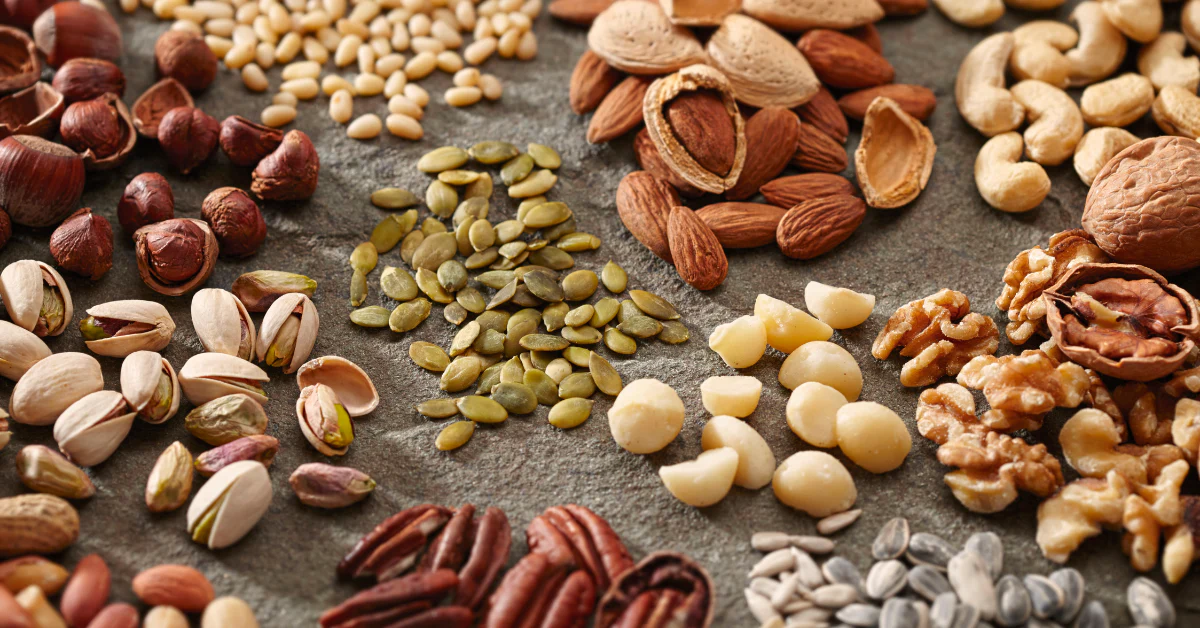

Garden Essentials
What Seeds Are Keto-Friendly
Modified: March 15, 2024
Discover keto-friendly seeds for your garden and enhance your low-carb lifestyle with nutritious options. Explore a variety of garden seeds suitable for the ketogenic diet.
(Many of the links in this article redirect to a specific reviewed product. Your purchase of these products through affiliate links helps to generate commission for Storables.com, at no extra cost. Learn more)
Introduction
Following a keto diet means keeping your carbohydrate intake low while prioritizing fats and proteins. While many people focus on the foods they can’t have on a keto diet, it’s essential to explore the wide variety of options that are keto-friendly. One such category is seeds.
Seeds are not only delicious but also packed with nutritional benefits. They are low in carbs, high in healthy fats, and abundant in fiber, making them an excellent addition to a keto diet. In this article, we will explore some of the most popular seeds that are keto-friendly and discuss their health benefits.
So, whether you’re looking to add more texture to your meals or boost your nutrient intake, keep reading to discover the keto-friendly seeds that can make a significant difference in your diet.
Key Takeaways:
- Keto-friendly seeds like chia, flax, hemp, pumpkin, sesame, and sunflower are low in carbs, high in healthy fats, and packed with essential nutrients, making them a delicious and nutritious addition to a keto diet.
- Incorporating seeds into your keto diet not only adds texture and flavor but also provides heart-healthy fats, antioxidants, and essential minerals, offering a convenient and satisfying way to enhance your meals.
Read more: What Keto Foods To Make With Waffle Iron
Chia Seeds
Chia seeds have gained immense popularity in the health and wellness world, thanks to their impressive nutritional profile. These tiny black or white seeds are jam-packed with essential nutrients and are an excellent addition to a keto diet.
Despite their small size, chia seeds are rich in healthy fats, particularly omega-3 fatty acids. These fats play a crucial role in reducing inflammation, supporting brain health, and promoting heart health. Additionally, chia seeds are a good source of protein, which is essential for muscle repair and growth.
One of the most significant benefits of chia seeds for those following a keto diet is their high fiber content. Just one ounce of chia seeds provides an impressive 10 grams of fiber. This high fiber content helps keep you feeling full and satisfied, aiding in appetite control and weight management.
Furthermore, chia seeds are incredibly versatile and can be incorporated into your diet in various ways. You can sprinkle them over salads, mix them into smoothies, or use them as a thickening agent in desserts and puddings.
To make a simple chia seed pudding, combine chia seeds with your choice of low-carb milk, such as almond milk or coconut milk, and sweeten it with a sugar alternative like Stevia or erythritol. Let the mixture sit for a few hours or overnight to allow the chia seeds to absorb the liquid and form a thick, pudding-like consistency.
Incorporating chia seeds into your keto diet not only adds a delightful crunch and texture but also provides you with a nutrient-dense boost that aligns with your low-carb lifestyle.
Flaxseeds
Flaxseeds, also known as linseeds, are another powerhouse seed that is highly beneficial for those following a keto diet. These small, brownish seeds are an excellent source of essential nutrients and can be easily incorporated into various dishes.
One of the key nutritional benefits of flaxseeds is their high content of omega-3 fatty acids. These healthy fats are known for their anti-inflammatory properties and are beneficial for heart health, brain function, and overall well-being.
Flaxseeds are also rich in dietary fiber, providing both insoluble and soluble fiber. The soluble fiber in flaxseeds forms a gel-like consistency when combined with water, helping to increase feelings of fullness and promote healthy digestion.
In addition to healthy fats and fiber, flaxseeds are abundant in beneficial plant compounds called lignans. These lignans have antioxidant properties and may help reduce the risk of certain chronic diseases, including heart disease and cancer.
When it comes to incorporating flaxseeds into your keto diet, there are a few options to consider. Firstly, you can grind the flaxseeds into a fine powder using a coffee grinder or a blender. This is important because whole flaxseeds can pass through the digestive system undigested, preventing you from fully benefiting from their nutritional properties.
The ground flaxseed powder can then be used in a variety of ways. You can sprinkle it over salads, mix it into smoothies, or use it as a replacement for breadcrumbs in keto-friendly recipes. It can also be used as an egg substitute for baking, making it a versatile ingredient for both sweet and savory dishes.
Overall, flaxseeds are a nutrient-dense addition to a keto diet. They provide healthy fats, dietary fiber, and plant compounds that support overall health and well-being.
Hemp Seeds
Hemp seeds, derived from the Cannabis sativa plant, are becoming increasingly popular due to their impressive nutritional profile and wide range of health benefits. These seeds are considered a complete protein, meaning they provide all nine essential amino acids that the body needs for proper functioning.
One of the standout features of hemp seeds is their excellent ratio of omega-6 to omega-3 fatty acids, which is around 3:1. This balance is crucial for maintaining healthy inflammatory responses and supporting heart health.
In addition to their protein and fatty acid content, hemp seeds are a rich source of vitamins and minerals. They’re particularly high in vitamin E, a powerful antioxidant that helps protect cells from oxidative damage. Hemp seeds also contain minerals like magnesium, potassium, and iron, which play essential roles in various bodily functions.
Another incredible benefit of hemp seeds is their fiber content. A 3-tablespoon serving of hemp seeds provides about 1.2 grams of dietary fiber. This fiber helps promote satiety, aids in digestion, and supports healthy blood sugar levels.
Hemp seeds have a mild, nutty flavor and a soft texture, making them a versatile ingredient in your keto diet. You can incorporate them into your meals by sprinkling them over salads, blending them into smoothies, or adding them to homemade energy bars or granola.
One important thing to note is that hemp seeds are derived from the Cannabis sativa plant, which some may confuse with marijuana. However, hemp seeds contain only trace amounts of THC, the psychoactive compound found in marijuana, and therefore will not cause any psychoactive effects.
Overall, hemp seeds are a fantastic addition to a keto diet. They provide a complete source of protein, healthy fats, vitamins, minerals, and fiber, all of which contribute to optimal health and nutrition.
Chia seeds, flaxseeds, and hemp seeds are all keto-friendly options due to their low net carb content and high fiber and healthy fat content. Incorporate them into your keto diet for added nutrients and texture.
Pumpkin Seeds
Pumpkin seeds, also known as pepitas, are not only a popular snack but also a nutritious addition to a keto diet. These flat, oval-shaped seeds are packed with essential nutrients and offer a plethora of health benefits.
One of the standout nutritional qualities of pumpkin seeds is their high magnesium content. Magnesium plays a crucial role in many bodily functions, including nerve function, muscle contraction, and maintaining a steady heartbeat. Incorporating pumpkin seeds into your diet can help ensure you meet your daily magnesium requirements.
Pumpkin seeds are also a good source of healthy fats, including omega-3 fatty acids. These fats are known for their anti-inflammatory properties and can support brain health, cardiovascular health, and overall well-being.
Furthermore, pumpkin seeds are rich in antioxidants, such as vitamin E and carotenoids, which help protect cells from damage caused by free radicals. These antioxidants play a vital role in maintaining a strong immune system and reducing the risk of chronic diseases.
In addition to their nutritional benefits, pumpkin seeds are incredibly versatile and can be enjoyed in various ways. You can roast them with a sprinkle of salt for a crunchy snack, add them to salads or trail mixes for an extra boost of texture and flavor, or blend them into a smoothie for added thickness and nutrition.
When purchasing pumpkin seeds, opt for raw or roasted seeds without added sugars or oils. This ensures that you are getting the most nutritional value without any unnecessary additives.
Overall, pumpkin seeds are a nutritious and satisfying addition to a keto diet. They provide essential nutrients, healthy fats, and antioxidants that support overall health and well-being.
Read more: How To Store Keto Bread
Sesame Seeds
Sesame seeds are tiny, oval-shaped seeds that are known for their nutty flavor and versatility in cooking. These small but mighty seeds pack a nutritional punch and are a great addition to a keto diet.
Sesame seeds are a good source of healthy fats, particularly mono- and polyunsaturated fats. These fats are heart-healthy and can help reduce cholesterol levels in the blood. They also provide a rich source of omega-6 fatty acids.
In addition to healthy fats, sesame seeds are rich in antioxidants, including sesamin and sesamol. These antioxidants have been linked to various health benefits, such as reducing inflammation, protecting against oxidative stress, and supporting heart health.
Sesame seeds are also a good source of plant-based protein, which is important for tissue repair and building muscle. Furthermore, they are rich in dietary fiber, which aids in digestion, promotes feelings of fullness, and helps maintain stable blood sugar levels.
One of the most common uses for sesame seeds is tahini, a paste made from ground sesame seeds. Tahini is a versatile ingredient that can be used as a base for salad dressings, dips, and sauces. It can also be used as a spread or added to baked goods for a nutty flavor and texture.
Incorporating sesame seeds into your keto diet is easy. You can sprinkle them over salads, stir-fries, or roasted vegetables for added crunch and flavor. You can also use them as a topping for low-carb bread or sprinkle them on your favorite keto-friendly desserts.
When purchasing sesame seeds, opt for raw or toasted seeds without any additives. This allows you to enjoy the full nutritional benefits of sesame seeds without any unnecessary ingredients.
Overall, sesame seeds are a nutritious and delicious addition to a keto diet. They provide healthy fats, antioxidants, protein, and fiber, all of which contribute to a balanced and satisfying meal plan.
Sunflower Seeds
Sunflower seeds are a popular snack enjoyed by many, but they also offer numerous health benefits, making them an excellent choice for those following a keto diet. These small, flat seeds are packed with essential nutrients and can be enjoyed in a variety of ways.
One of the key nutritional advantages of sunflower seeds is their high vitamin E content. Vitamin E is a powerful antioxidant that helps protect the body’s cells from damage caused by free radicals. It also plays a vital role in immune function and can support overall health and well-being.
Furthermore, sunflower seeds are rich in healthy fats, particularly monounsaturated fats. These fats are known for their heart-healthy benefits and can help reduce bad cholesterol levels in the blood. Sunflower seeds are also a good source of dietary fiber, which aids in digestion and helps promote feelings of fullness.
In addition to their nutritional content, sunflower seeds are a good source of minerals, including magnesium, selenium, and zinc. These minerals play essential roles in various bodily functions, such as bone health, immune function, and metabolism.
When it comes to incorporating sunflower seeds into your keto diet, there are plenty of options. You can enjoy them as a standalone snack, roasted and seasoned with your favorite spices or simply salted. They can also be added to salads, stir-fries, or low-carb baked goods for a satisfying crunch and flavor.
It’s important to choose raw or unsalted sunflower seeds to avoid unnecessary additives like excess sodium or unhealthy oils. If you prefer a more flavorful option, you can roast the seeds yourself at home using a small amount of oil and your preferred seasonings.
Overall, sunflower seeds are a nutritious and versatile addition to a keto diet. With their rich vitamin E content, healthy fats, and mineral content, they offer numerous health benefits and can be enjoyed in a variety of ways.
Conclusion
Incorporating seeds into your keto diet is a smart and nutritious choice. Seeds such as chia seeds, flaxseeds, hemp seeds, pumpkin seeds, sesame seeds, and sunflower seeds are not only low in carbs but also packed with essential nutrients.
Chia seeds boast high levels of omega-3 fatty acids and fiber, which promote heart health and aid in digestion. Flaxseeds provide a good source of healthy fats and lignans, offering antioxidant and anti-inflammatory benefits. Hemp seeds are a complete protein source and offer a balanced ratio of omega-6 to omega-3 fatty acids.
Pumpkin seeds are rich in magnesium and antioxidants, supporting healthy blood pressure and immune function. Sesame seeds offer healthy fats, antioxidants, and protein, with the versatile option of incorporating them into various meals. Sunflower seeds are packed with vitamin E, healthy fats, and minerals, providing immune support and heart health benefits.
Whether you choose to sprinkle them over salads, blend them into smoothies, or use them as a topping for various dishes, seeds offer a convenient and flavorful way to enhance your keto meals. They provide essential nutrients, promote satiety, and offer a satisfying crunch.
When incorporating seeds into your diet, it’s important to choose high-quality, raw, or unsalted seeds to minimize the intake of unnecessary additives. By doing so, you can maximize the nutritional benefits and harness the incredible health properties of these remarkable little gems.
So, don’t hesitate to experiment with seeds in your keto recipes and enjoy their numerous health benefits. With their nutrient-dense profiles and versatile uses, seeds can truly elevate your keto lifestyle and contribute to your overall well-being.
Frequently Asked Questions about What Seeds Are Keto-Friendly
Was this page helpful?
At Storables.com, we guarantee accurate and reliable information. Our content, validated by Expert Board Contributors, is crafted following stringent Editorial Policies. We're committed to providing you with well-researched, expert-backed insights for all your informational needs.


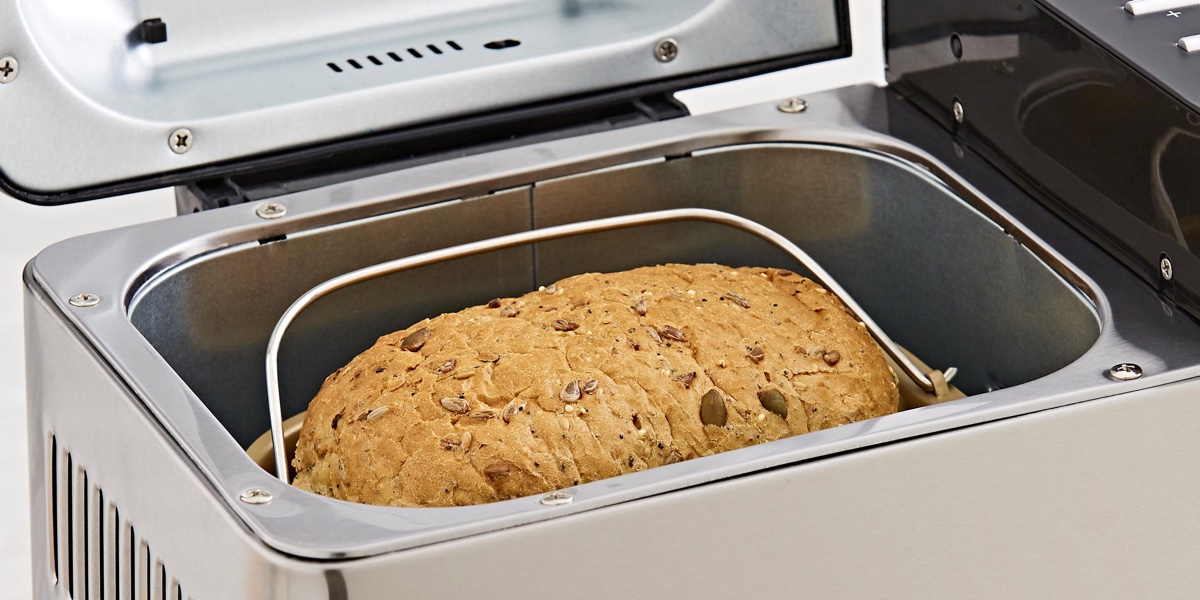
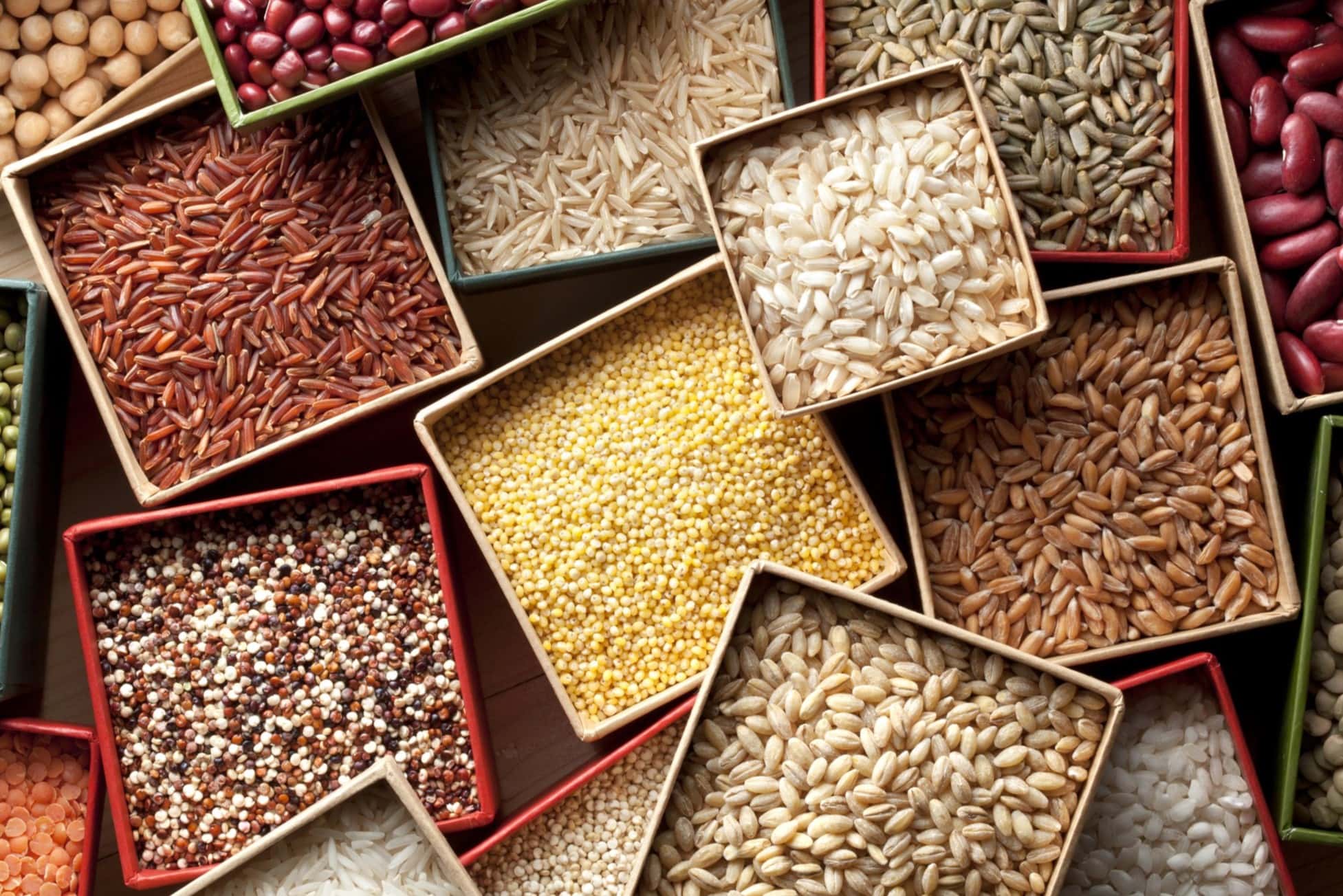
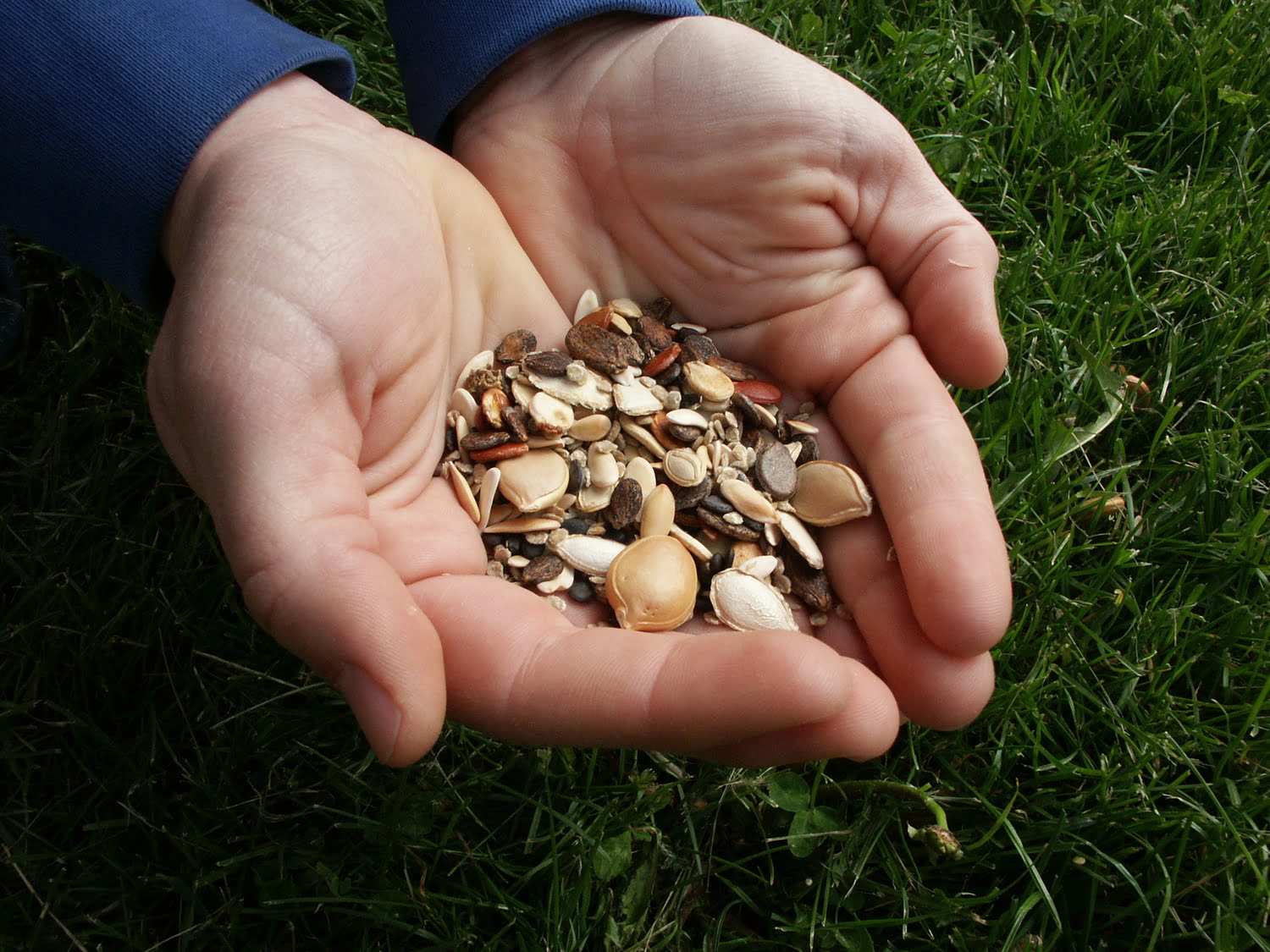

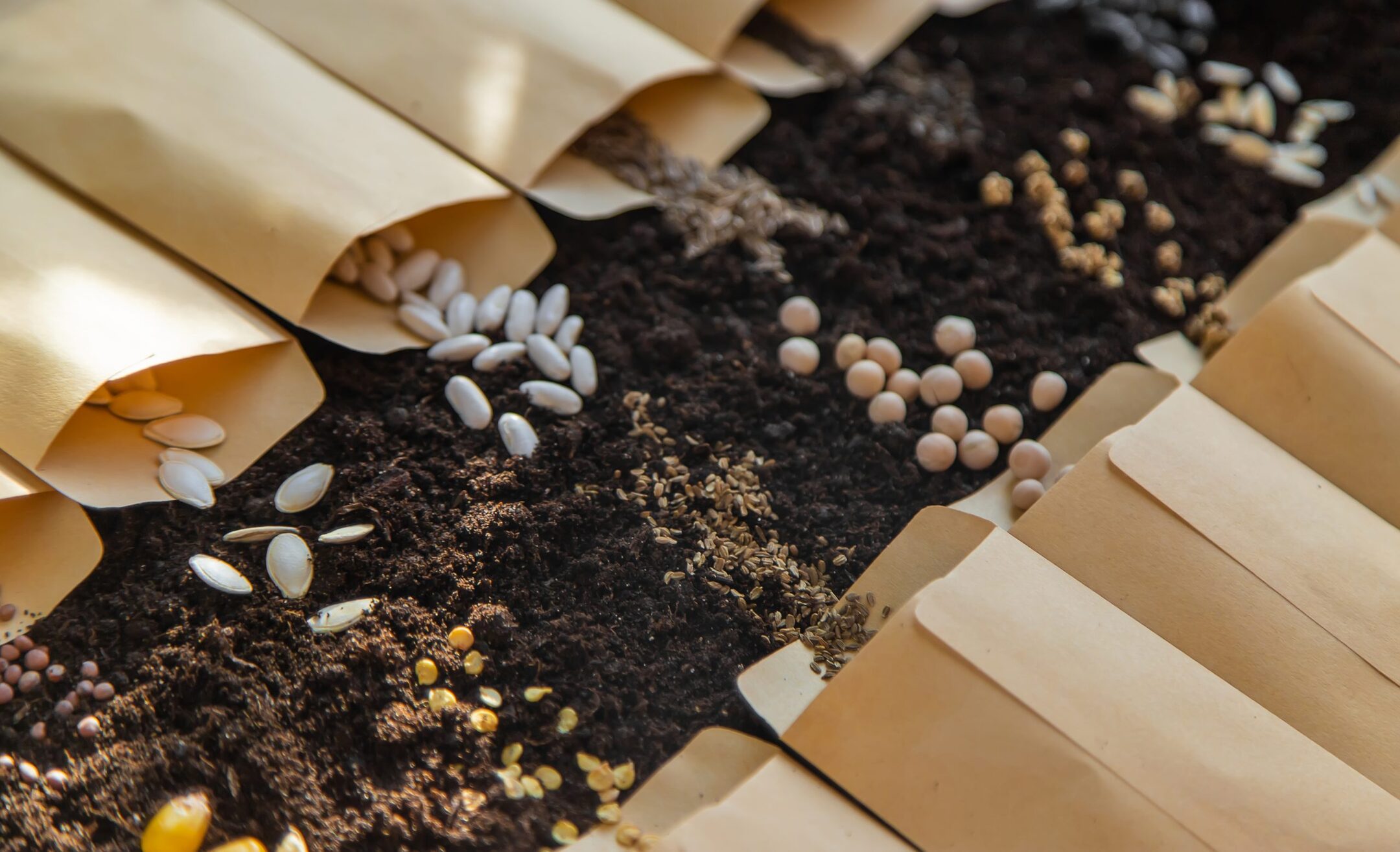
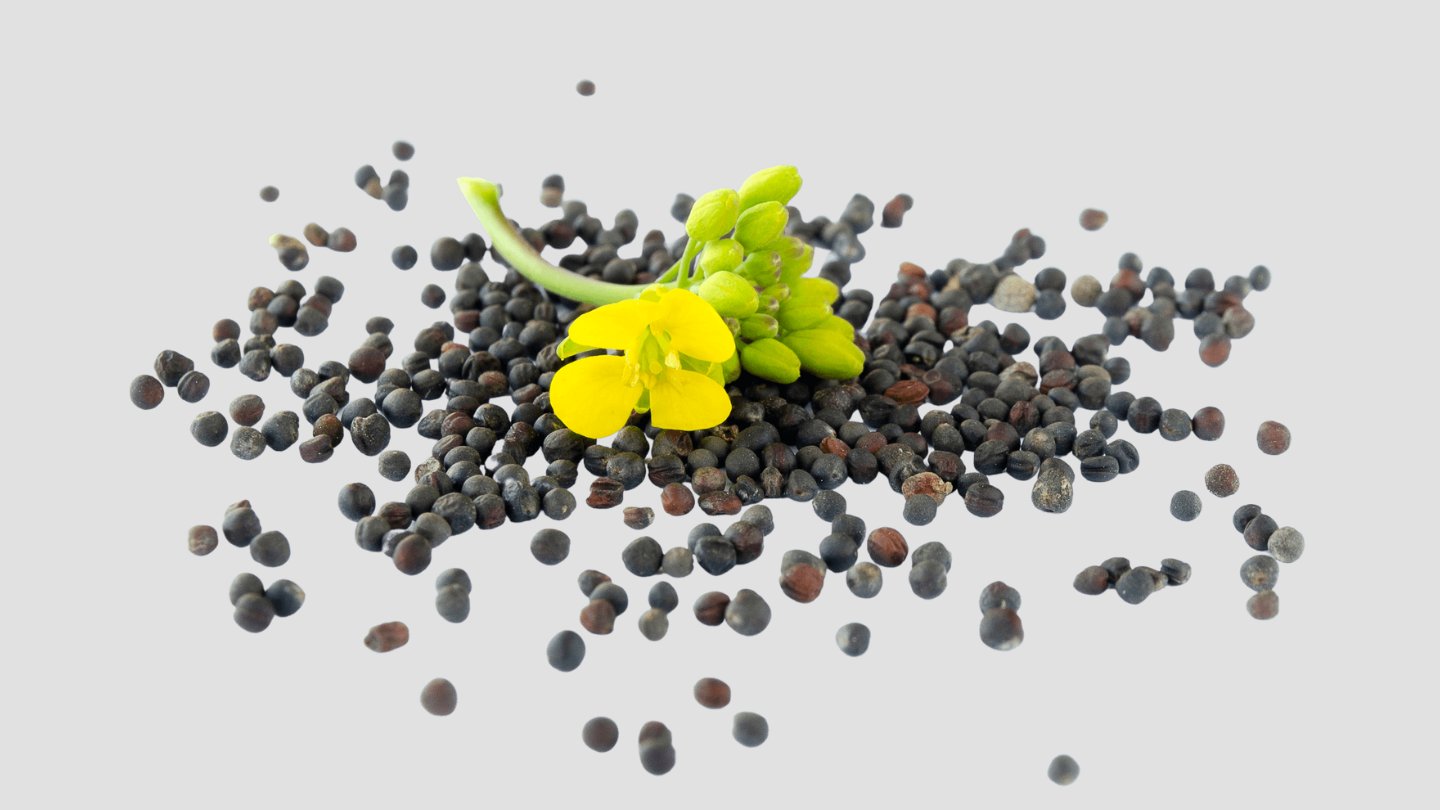
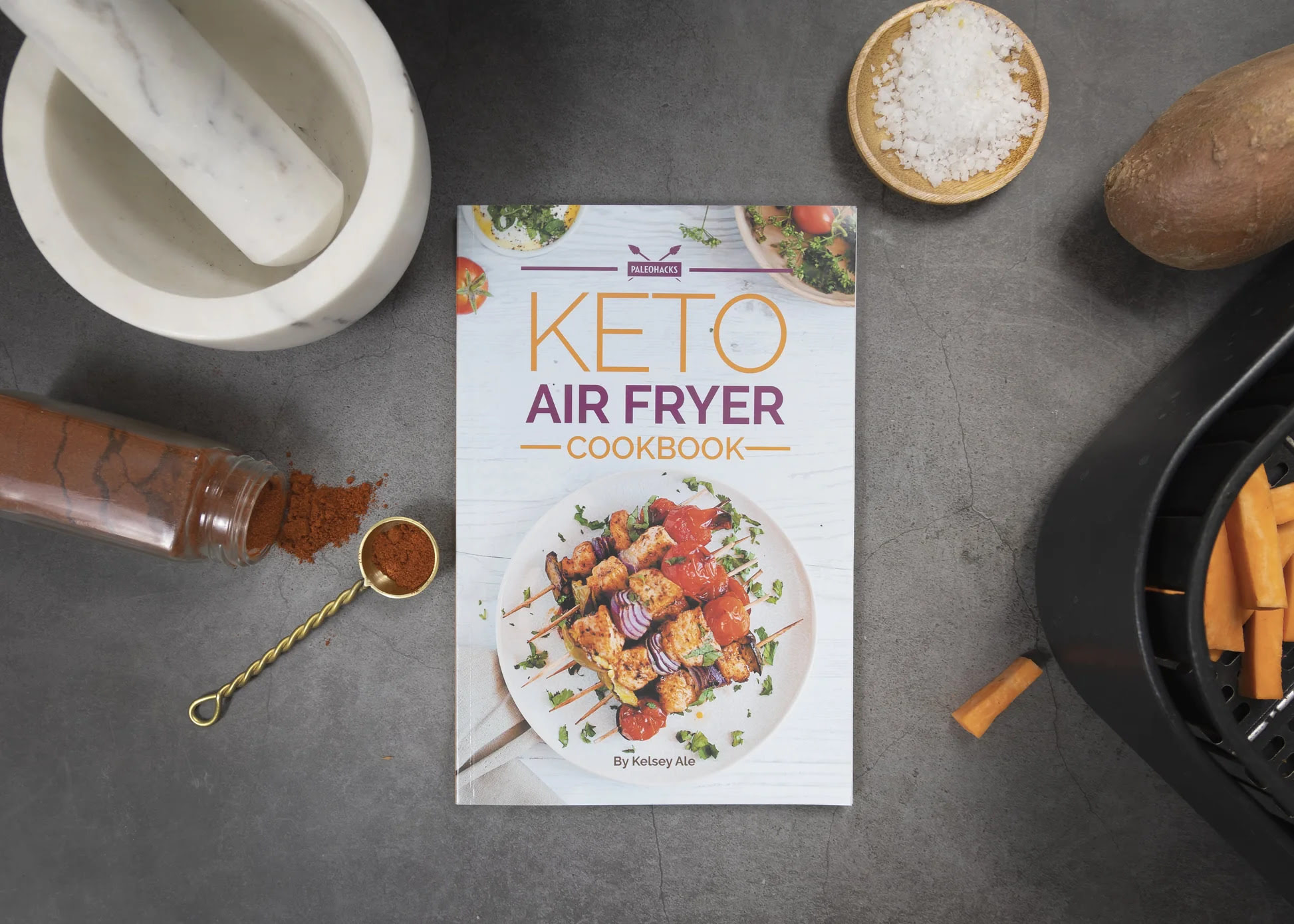
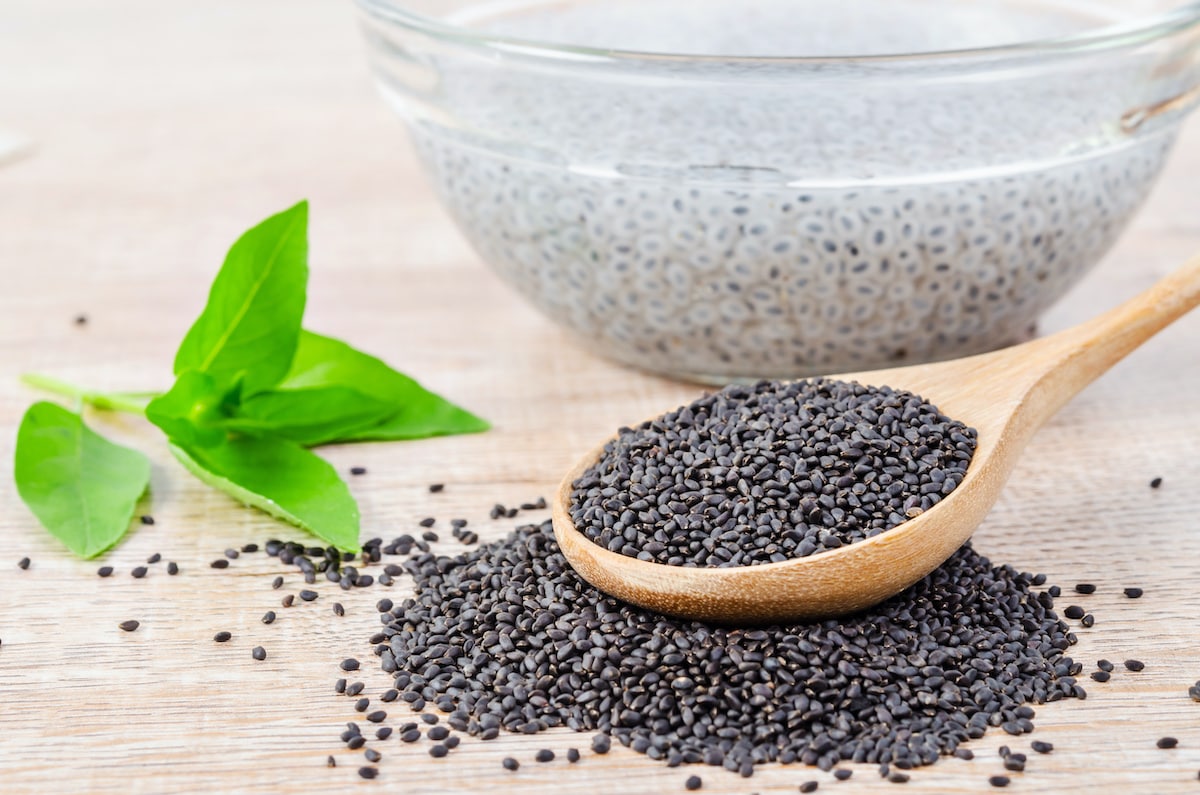
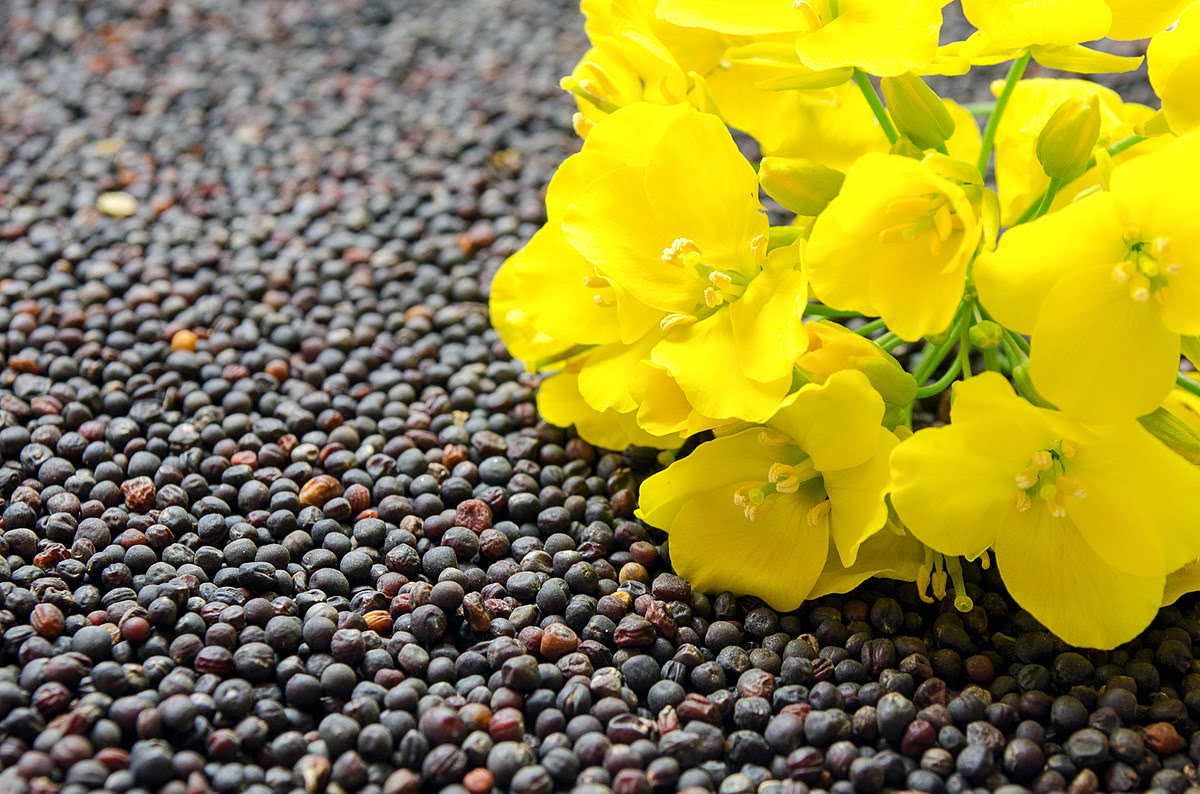
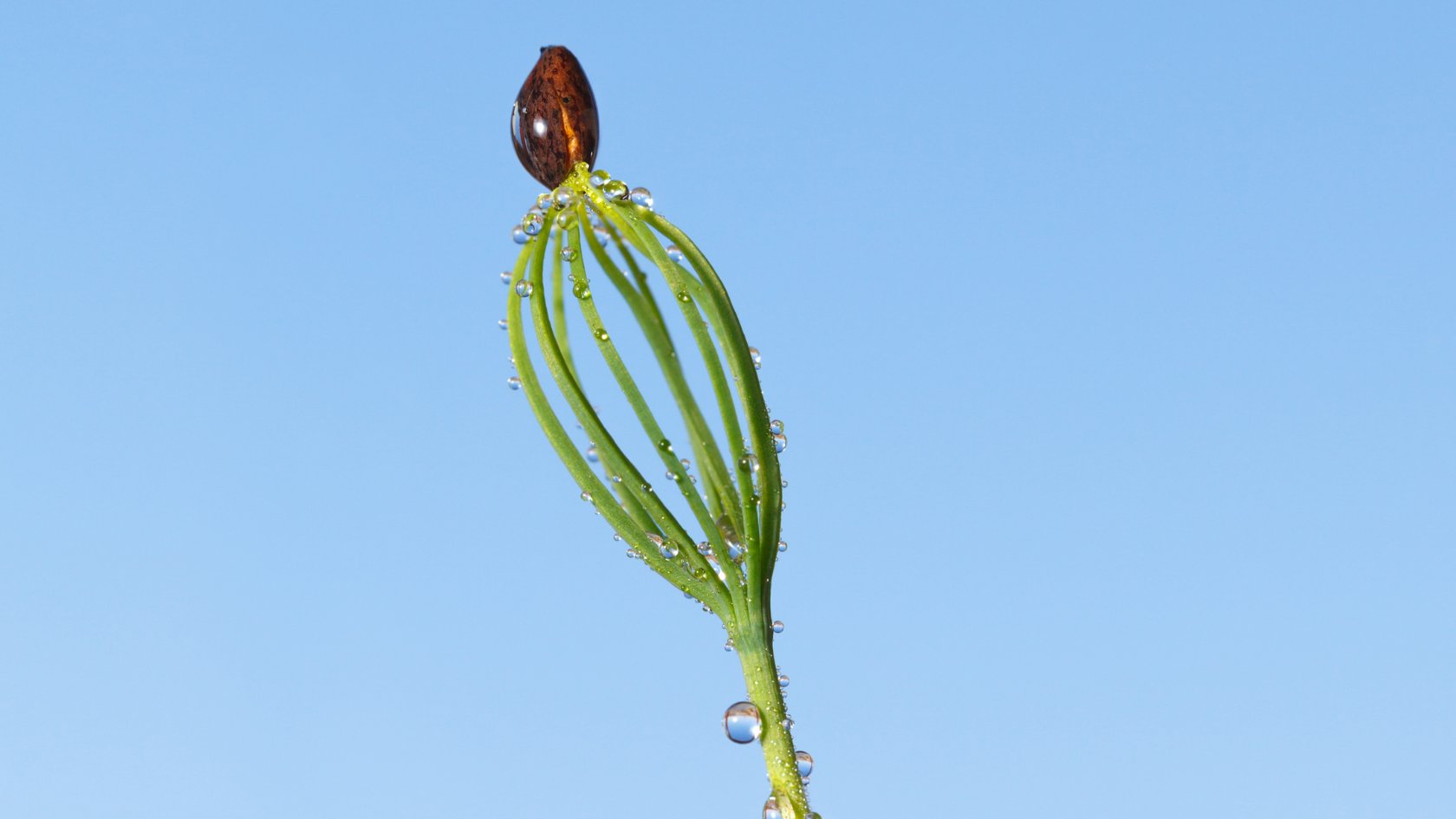
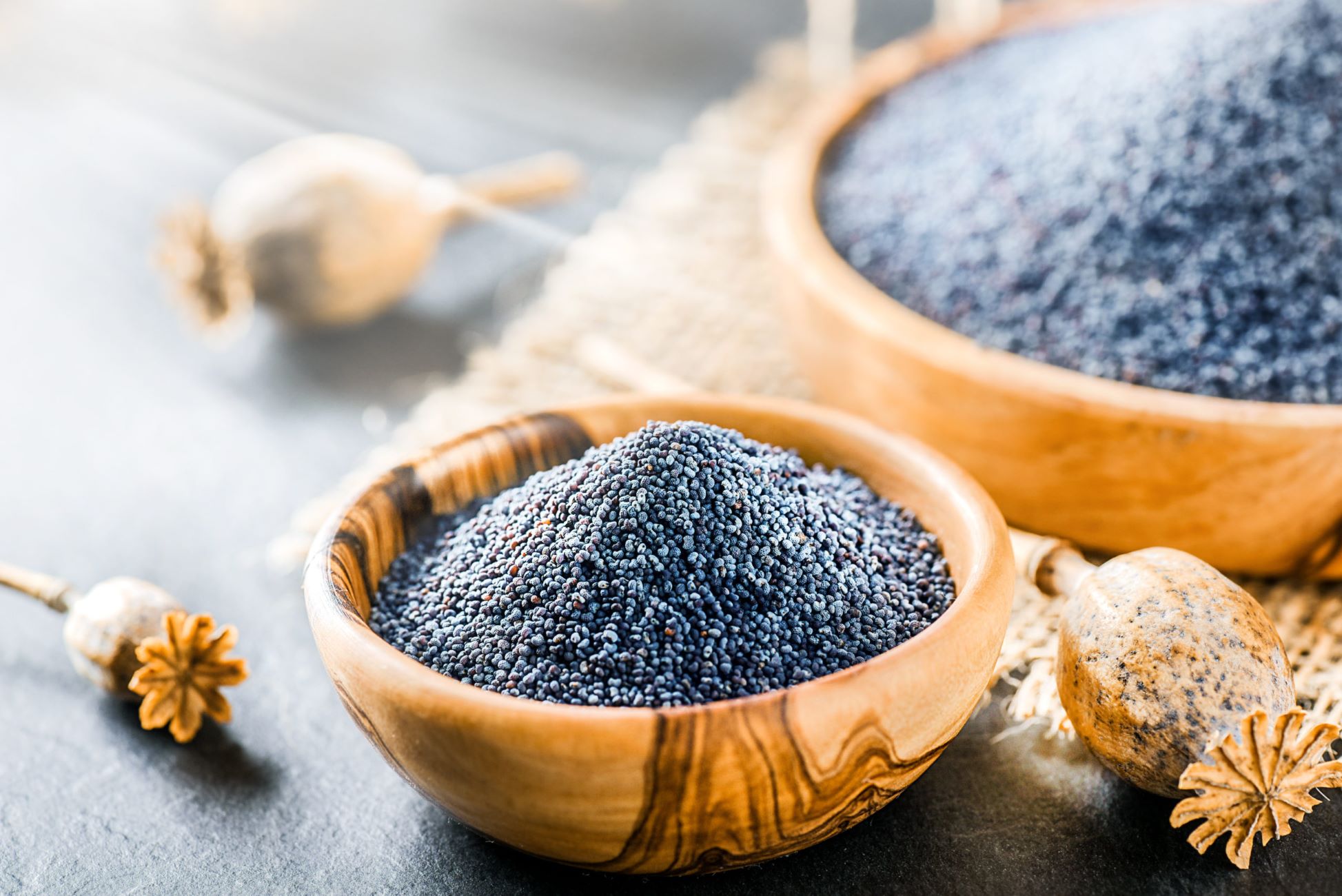
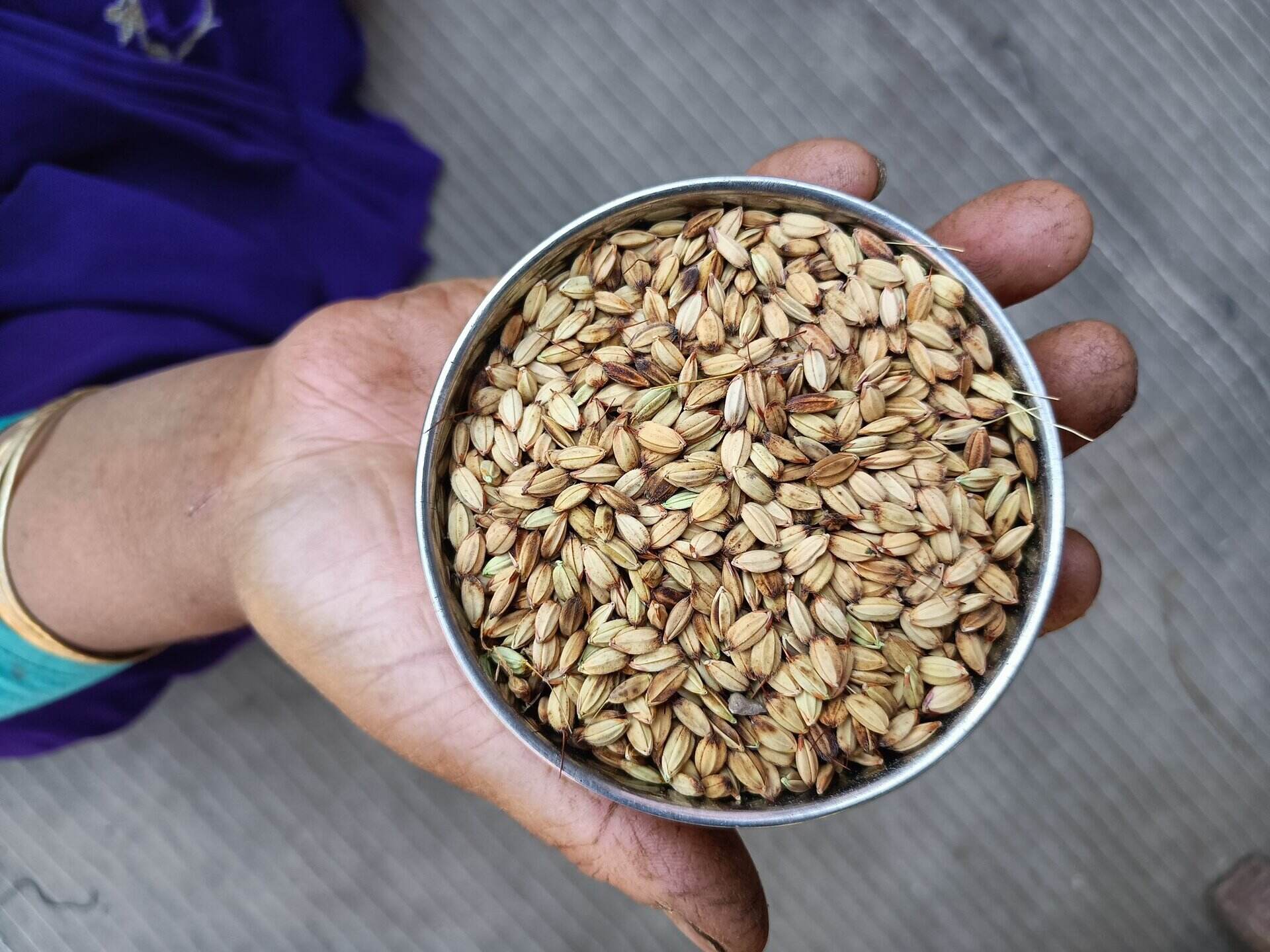

0 thoughts on “What Seeds Are Keto-Friendly”